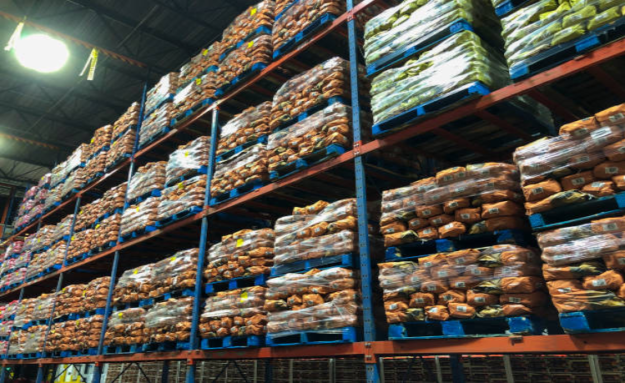Major Supply Chain Expansion Boosts Vietnam’s Industrial Growth
Vietnam’s industrial landscape is set for a significant boost as a key player in the global technology supply chain announces a major investment of approximately US$551 million in two new projects in the northern coastal province of Quang Ninh. This substantial investment highlights the country’s growing importance as a manufacturing hub in the global supply…
Details









